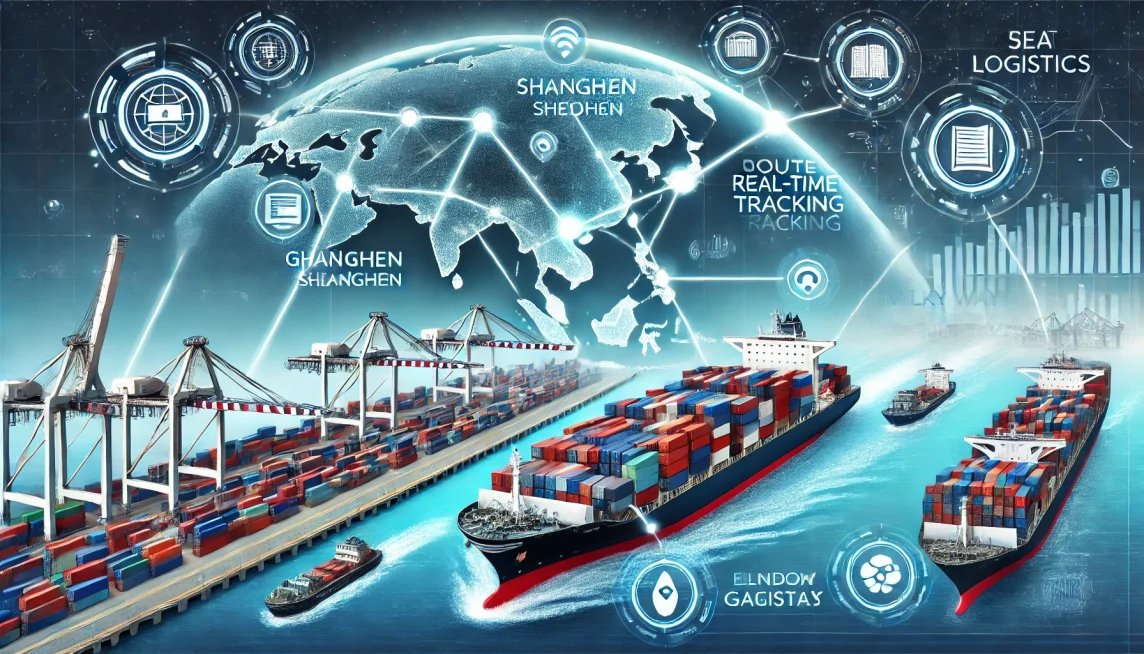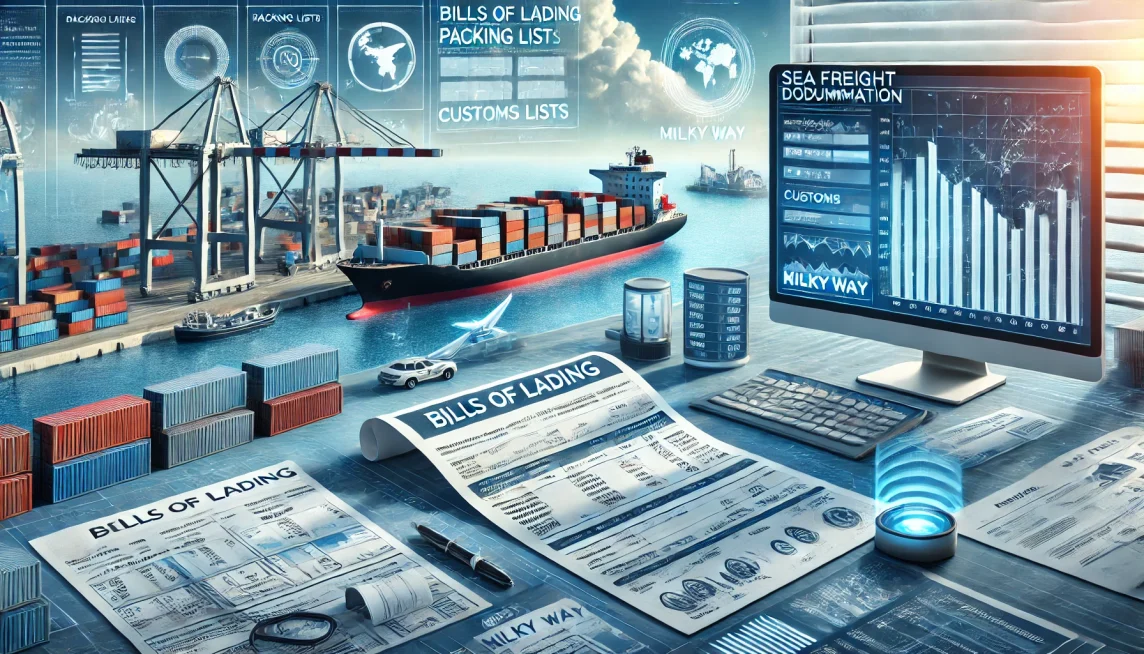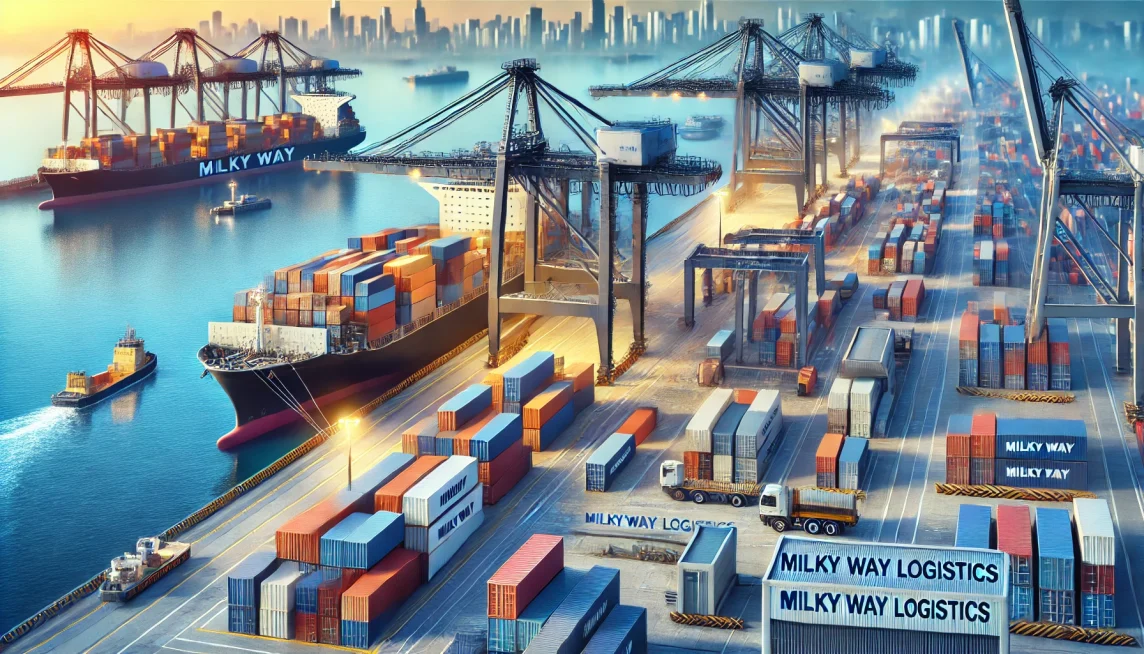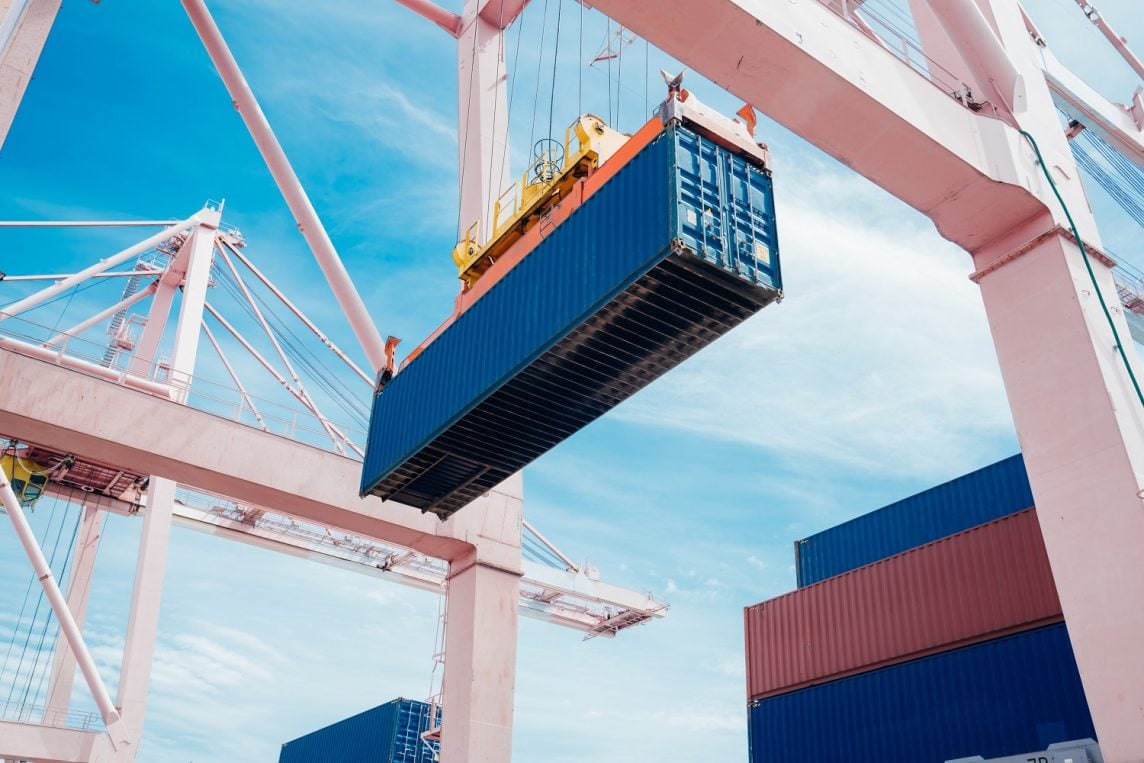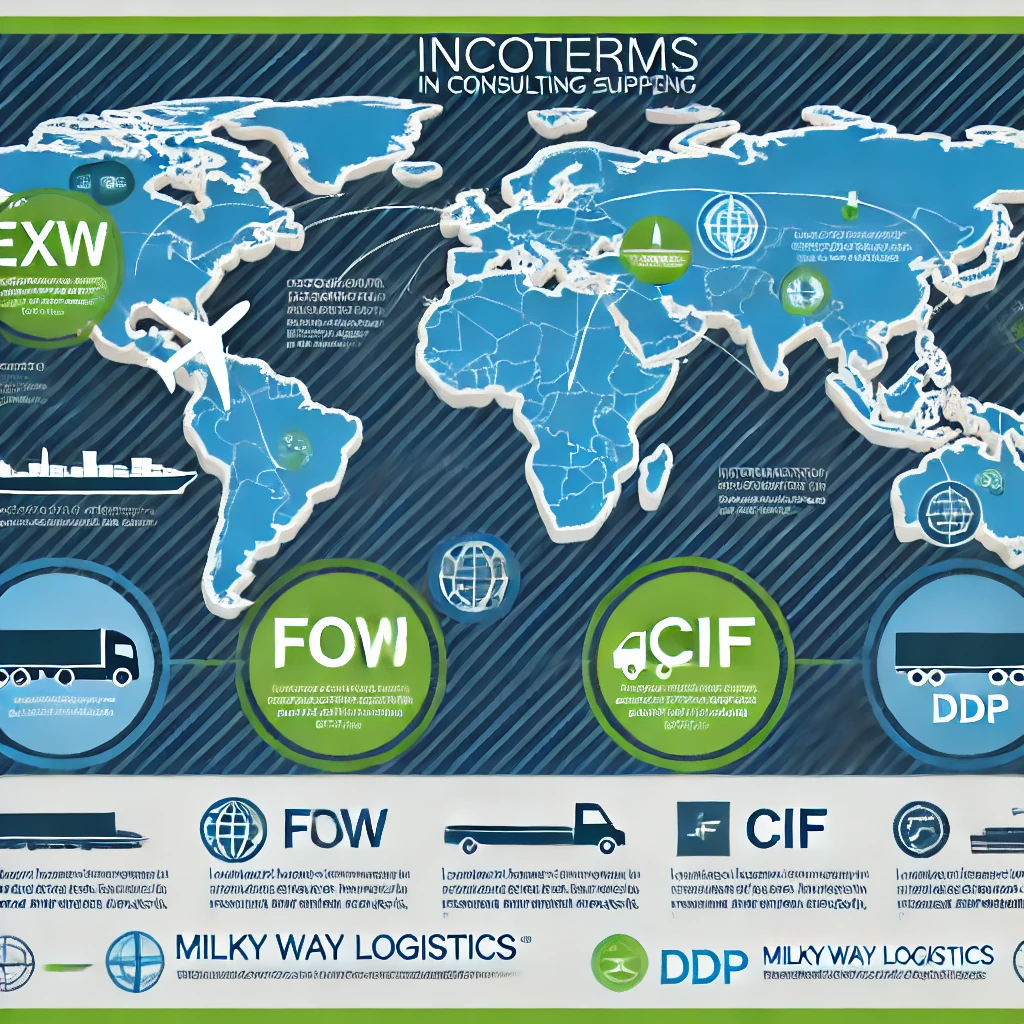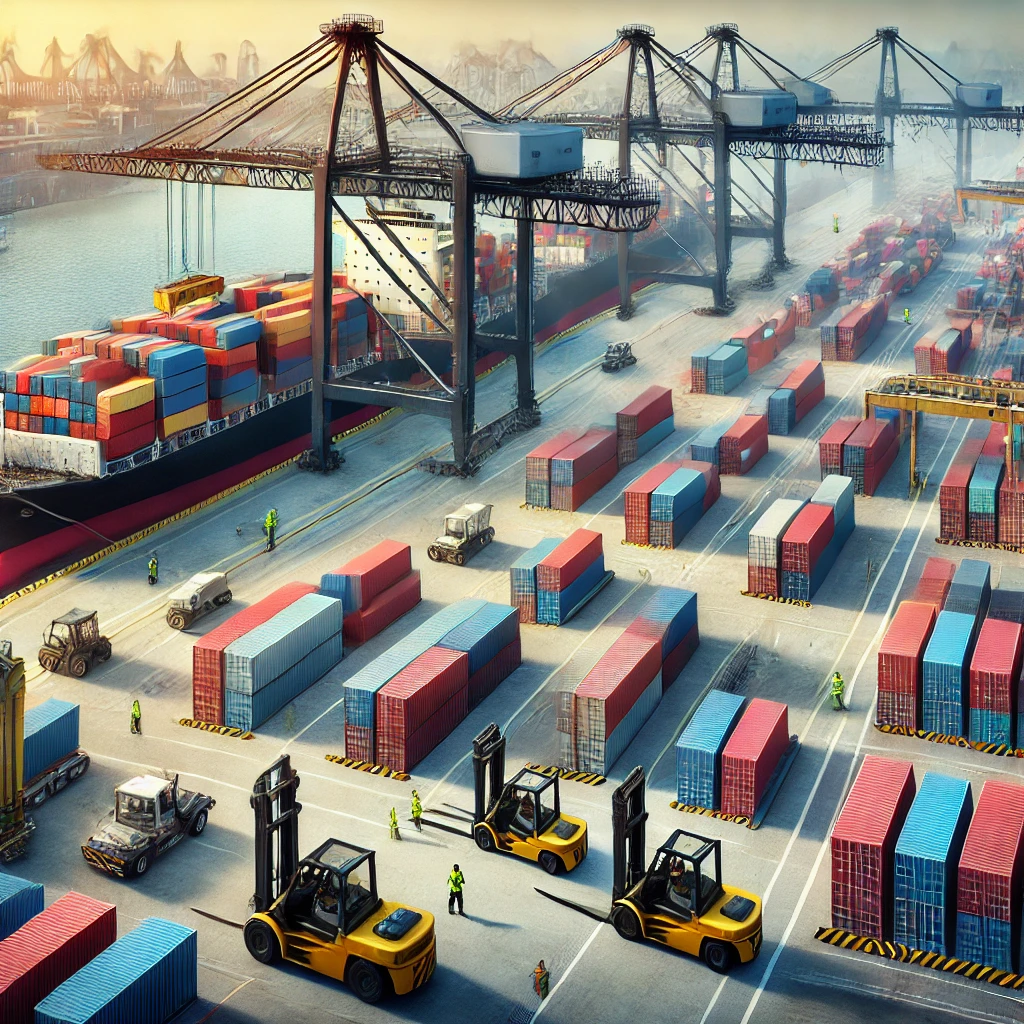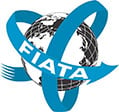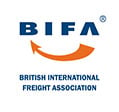The Best Sea Freight Routes from China to the UK: How to Optimize Your Supply Chain
Global trade between China and the UK has grown exponentially over the years, and sea freight plays a crucial role in this thriving relationship. With an emphasis on cost-effectiveness, reliability, and sustainability, businesses are increasingly seeking the best sea freight from China to the UK to streamline their supply chains. At Milky Way Logistics, we specialize in providing top-notch sea freight solutions tailored to meet the demands of modern businesses.
This comprehensive guide explores the most efficient and best sea freight routes from China to the UK, their advantages, and how Milky Way Logistics ensures timely, reliable, and sustainable deliveries.
Why Sea Freight is Ideal for Shipping from China to the UK
Sea freight remains the most practical choice for transporting goods between China and the UK for several reasons:
- Cost-Effectiveness: Shipping by sea is significantly more economical than air freight, especially for large volumes or heavy goods.
- High Capacity: Sea freight accommodates bulk shipments that other transport modes cannot handle efficiently.
- Sustainability: With a lower carbon footprint compared to air freight, sea freight supports eco-conscious businesses.
- Reliability: Established shipping lanes ensure dependable transit schedules.
By selecting the best sea freight from China to the UK, businesses can reduce costs, maintain consistent supply chains, and contribute to sustainability goals.
The Most Efficient and Best Sea Freight from China to the UK; Routes
Efficient sea freight begins with selecting the right route. Here are the key routes that connect China and the UK, along with their benefits:
1. The Suez Canal Route
The Suez Canal route is the most popular and efficient pathway for shipping goods from China to the UK. It links the Red Sea with the Mediterranean, providing a direct path to Europe.
Key Ports Along the Route:
- Shanghai, Ningbo, or Shenzhen in China
- Singapore or Colombo for transshipment
- Rotterdam or Hamburg as European entry points
- UK ports like Felixstowe, London Gateway, or Southampton
Advantages:
- Faster Transit Times: The Suez Canal significantly shortens the journey compared to alternate routes like the Cape of Good Hope.
- Cost Savings: Reduced fuel consumption due to the shorter distance lowers overall costs.
- Well-Established Infrastructure: Major transshipment hubs along the route ensure smooth cargo handling.
At Milky Way Logistics, we leverage this route for businesses seeking the fastest and most reliable also best sea freight from China to the UK.
2. The Northern Sea Route
The Northern Sea Route, which traverses the Arctic Ocean, has gained attention in recent years as an alternative to traditional routes.
Key Ports Along the Route:
- Departing from Dalian or Qingdao in northern China
- Transiting through the Arctic Ocean during the summer months
- Entering European waters to access UK ports
Advantages:
- Time Savings: During the summer, this route can reduce transit times by up to 10-15 days compared to the Suez Canal.
- Less Congestion: The route is less crowded than traditional pathways, reducing delays.
- Sustainability Potential: Shorter distances lead to lower emissions.
While seasonal and weather-dependent, Milky Way Logistics monitors Arctic conditions to utilize this route when feasible for urgent shipments.
3. The Cape of Good Hope Route
This route bypasses the Suez Canal by navigating around the southern tip of Africa. Though longer, it serves as a vital backup when the Suez Canal faces disruptions.
Key Ports Along the Route:
- Origin ports in China, such as Guangzhou or Xiamen
- Transiting through African ports like Cape Town
- Reaching European destinations before entering the UK
Advantages:
- Flexibility: Avoids potential delays caused by congestion or blockages in the Suez Canal.
- Cost Management: May offer cost advantages during periods of high demand for Suez Canal access.
Milky Way Logistics ensures clients benefit from this route during peak seasons or emergencies, ensuring seamless supply chain operations.
How Milky Way Logistics Optimizes Sea Freight from China to the UK
Milky Way Logistics stands out as a trusted partner for businesses seeking the best sea freight from China to the UK. Here’s how we ensure efficiency, reliability, and sustainability:
1. Advanced Route Optimization
Our logistics experts use cutting-edge tools to analyze transit times, weather patterns, and port conditions. This ensures we select the most efficient routes to minimize delays and costs.
Benefits:
- Reduced transit times
- Avoidance of congested ports
- Lower fuel consumption
2. Strategic Partnerships with Leading Carriers
We collaborate with world-class shipping lines to guarantee space availability and priority service for our clients.
Benefits:
- Reliable vessel schedules
- Competitive pricing
- Access to premium shipping services
3. Flexible Shipping Options
Whether you need Full Container Load (FCL) or Less-than-Container Load (LCL) services, we offer tailored solutions to suit your cargo volume and budget.
FCL Benefits:
- Dedicated containers for large shipments
- Faster transit times due to fewer stops
LCL Benefits:
- Cost savings for smaller shipments
- Consolidated cargo to maximize container space
4. Comprehensive Customs Support
Navigating customs clearance is critical for international shipping. Our experienced team handles all documentation, ensuring smooth transit through Chinese and UK customs.
Benefits:
- Minimized risk of delays
- Accurate compliance with regulations
- Faster processing times
5. Real-Time Tracking and Communication
Milky Way Logistics provides advanced tracking tools that give clients complete visibility into their shipments.
Features:
- Real-time updates on cargo location
- Automated notifications for key milestones
- Immediate access to shipping documents
Advantages of Choosing Milky Way Logistics
When it comes to best sea freight from China to the UK, you choose Milky Way Logistics for your sea freight needs, you gain access to a range of benefits:
1. Cost-Effective Solutions
Our optimized routes and competitive carrier contracts ensure you save on shipping costs without compromising quality.
2. Timely Deliveries
We prioritize punctuality, ensuring your cargo arrives on schedule to keep your supply chain running smoothly.
3. Sustainable Practices
By collaborating with green ports and promoting slow steaming, we reduce the environmental impact of our operations.
4. Customized Services
Every business is unique, and we tailor our sea freight solutions to meet your specific needs.
5. Dedicated Support
Our team of logistics experts is available to guide you through every step of the shipping process, from booking to final delivery.
The Future of Sea Freight from China to the UK
The sea freight industry is evolving with advancements in technology, sustainability initiatives, and infrastructure development. Emerging trends, such as autonomous ships, blockchain in logistics, and expanded port capacities, will further enhance the efficiency of best sea freight from China to the UK.
Milky Way Logistics is committed to staying ahead of these trends, providing innovative and reliable solutions that meet the demands of a dynamic global market.
Conclusion: Optimize Your Supply Chain with the Best Sea Freight from China to the UK
Efficient and reliable sea freight is the cornerstone of successful international trade between China and the UK. By partnering with Milky Way Logistics, you gain access to the best sea freight from China to the UK, backed by advanced technology, experienced professionals, and a commitment to excellence.
Whether you’re shipping high-volume goods or smaller consignments, our tailored solutions, competitive pricing, and dedication to sustainability make us the ideal logistics partner. Contact Milky Way Logistics today to learn how we can optimize your supply chain and help your business thrive in the global market.
